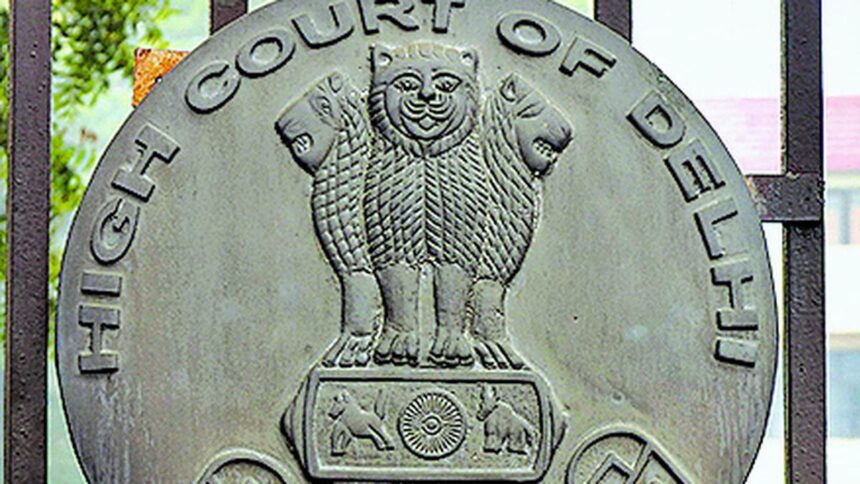The Delhi High Court has rejected a contempt petition filed by Forech India against the Competition Commission of India (CCI), concluding that there was no willful disobedience of court directives by the respondents. Justice Dharmesh Sharma also imposed a penalty of ₹1,00,000 on Forech for causing delays and misusing the court’s time.
In his ruling, Justice Sharma stated, “The petitioner has not substantiated claims that the CCI has engaged in contempt of this court’s orders. The Commission has the independent authority to determine the methodology and timeline of its investigations. The petitioner, although seeking contempt proceedings, seems to be attempting to obtain a judicial review of the investigation process indirectly, which is not permissible.” He emphasized that the CCI had followed the court’s directions consistently.
The court dismissed the contempt petition and levied the fine on Forech for employing delaying tactics that hindered the ongoing investigation and wasted the court’s valuable resources. The petition asserted that the CCI had not complied with previous court instructions, including a ruling from 2015 and later judgments.
This case arose from an inquiry into alleged cartel behavior in the conveyor belt industry. Forech India claimed that the CCI did not provide necessary documents and information as per prior orders.
The court found that the actions taken by the CCI, including its revised directives issued in March 2021 and subsequent orders in May 2024, were in line with the framework established by earlier rulings. Additionally, the court noted that procedural delays and technical difficulties in record maintenance do not constitute grounds for contempt.
Justice Sharma remarked that a finding of contempt requires a clear demonstration of intentional and willful disregard of judicial orders, which was not applicable in this instance. He also pointed out the extensive nature of the investigation, which involves 17 parties and more than 200,000 pages of documentation, making immediate compliance unreasonable.
The CCI has been instructed to complete the investigation within 120 days, ensuring that all parties have access to non-confidential records and opportunities for cross-examination, in accordance with legal provisions. The petitioner must pay the imposed costs to the Delhi High Court Legal Services Committee within three weeks.
Observers of the economy have indicated that this ruling illustrates the court’s perspective that procedural difficulties encountered in large-scale inquiries should not be misinterpreted as non-compliance. It reflects the judiciary’s effort to balance adherence to procedural standards while also promoting timely justice.










